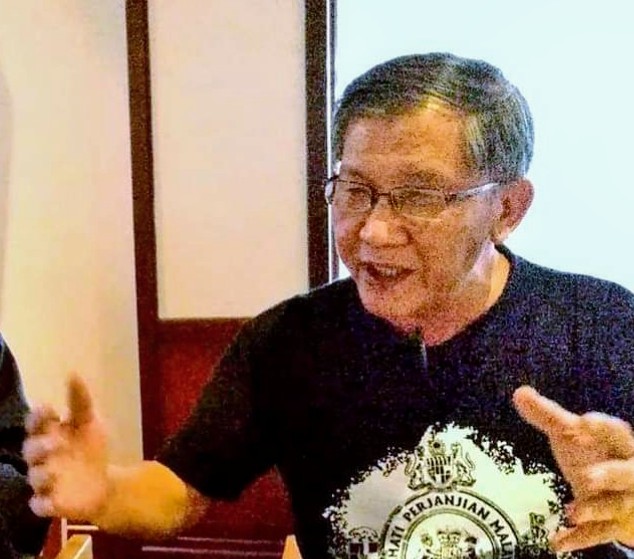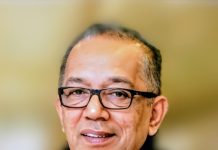By Datuk James Ligunjang J.P
Ex Sabah Assemblyman for Petagas
PENAMPANG: In an increasingly interconnected world, fostering unity in diversity has become a critical imperative.
Malaysia, with its diverse ethnicities, religions, and cultures, serves as a quintessential example of multiculturalism.
However, the true strength of a diverse society lies not just in its composition, but in its ability to cultivate mutual respect, understanding, and inclusivity among its various communities.
This article explores the importance of nurturing unity within Malaysia’s vibrant society, resisting discrimination, and promoting religious tolerance as keystones for building a harmonious nation.
Malaysia boasts a rich tapestry of different ethnic groups, including the Malays, Chinese, Indians, Dayaks, Kadazans, and numerous indigenous people, along with a diversity of religions such as Islam, Buddhism, Hinduism, and Christianity.
This diversity is not only Malaysia’s identity, but also its pride and its challenge.
Achieving unity in such a diverse setting relies on the collective effort of all Malaysians to understand, respect, and celebrate these differences, viewing them as opportunities for enrichment rather than division.
To promote unity and harmony in Malaysia, concerted efforts are needed across various sectors of society.
Education plays a crucial role in this regard. Educational curricula should highlight the country’s diverse histories, cultures, and belief systems, fostering empathy and understanding from a young age. Schools serve as the breeding grounds for the next generation of Malaysians, who should carry forth the torch of unity and respect, enlightened by knowledge.
On the policy front, it is crucial to establish legislation that ensures equal rights and opportunities while safeguarding against discrimination.
These policies need to be inclusive, representing the interests of all communities within the country.
This legal framework must be accompanied by active enforcement and awareness campaigns to educate the populace about their rights and responsibilities in promoting harmony.
Leadership at all levels—national, community, and religious—also plays a pivotal role in modeling inclusive behavior and rhetoric.
Leaders’ advocacy for unity and condemnation of divisive acts set the tone for societal norms and behaviors.
Meanwhile, community programs that facilitate interaction and dialogue among different groups can break down stereotypes, build trust, and forge bonds of understanding and friendship.
Achieving a harmonious multicultural society is not the responsibility of the government alone, but requires the active participation of all sectors—the private sector, civil society, community leaders, and, importantly, the citizens themselves.
Each individual must recognize their role in promoting unity through daily acts of respect and kindness across cultural and religious lines.
In conclusion, Malaysia’s journey towards being a harmonious nation in the face of diversity is a path filled with challenges, yet it also holds immense potential for building a society that is richer, more vibrant, and more resilient because of its diversity.
By nurturing an environment of mutual respect, encouraging dialogue, and fostering an inclusive national identity, Malaysia can set a global example.
The beauty of Malaysia’s diversity can be the source of its strength, a testament to the idea that unity in diversity is not just a dream but a plausible, achievable reality.
The time to work towards that reality is now, with every action, word, and policy aimed at weaving a tapestry of unity that is as diverse as it is strong.
Let us not simply lament the state of Malaysia, but actively fight for its future. – March 27, 2024
Editor: The views expressed are those of the writer and do not necessarily reflect those of Talantang.



